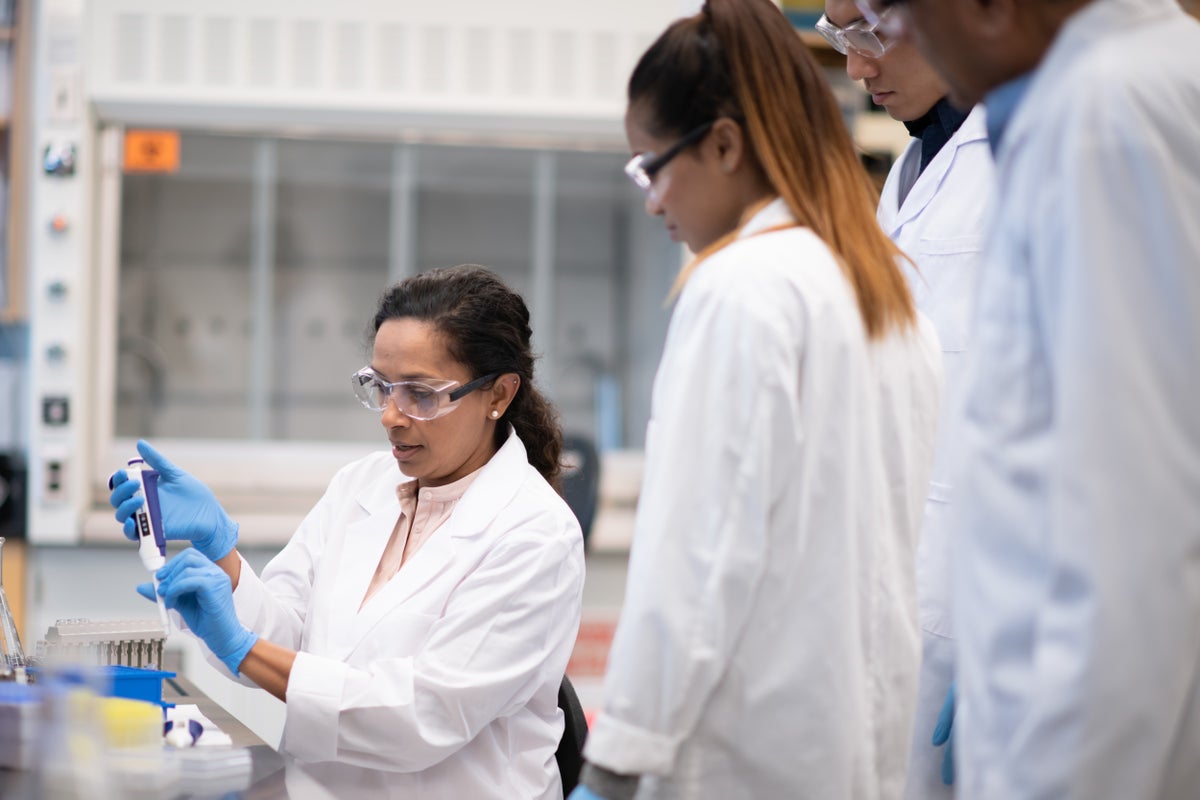
Understanding Science and Research in Today’s Society
Within the realm of science journalism and public opinion, the conversation around research and its impact on society has always been a complex one. From the intertwining of fact and opinion to the role of scientists in shaping public discourse, there are numerous facets to consider in today’s rapidly changing world.
The Influence of Hegel’s Philosophy on Science and Public Opinion
Historically, figures like Georg Wilhelm Friedrich Hegel have influenced the way we think about the intersection of science and public opinion. Hegel’s ideas, while groundbreaking in their time, may seem outdated in today’s context. For example, his statements on exempting the monarch from criticism raise questions about the role of science in addressing power structures and societal norms.
Challenges in Today’s Science Communication
In our current culture, the dialogue around science has evolved to encompass a wide array of topics, including climate change, mask-wearing during the COVID-19 pandemic, and vaccine hesitancy. Despite the wealth of scientific evidence available, political agendas and biases often cloud the public’s understanding of these critical issues.
The Role of Opinion in Shaping Public Discourse
Opinion pieces and op-eds play a crucial role in offering diverse perspectives on complex topics. While scientists contribute valuable insights to these discussions, it’s essential to acknowledge the inherent bias that can come with personal opinions. Balancing independent journalism with expert opinion is key to fostering a more informed public sphere.
Navigating Uncertainty and Complexity in Today’s Science Landscape
As we navigate the challenges of the 21st century, understanding science requires more than just knowing the facts. It involves critical thinking, the ability to grapple with uncertainty, and a deep appreciation for the interconnectedness of various disciplines. By embracing diverse viewpoints and engaging in open dialogue, we can work towards a more informed and inclusive society.
By reflecting on the evolving landscape of science, research, and public discourse, we can better grasp the complexities of our world and make more informed decisions in the process.







